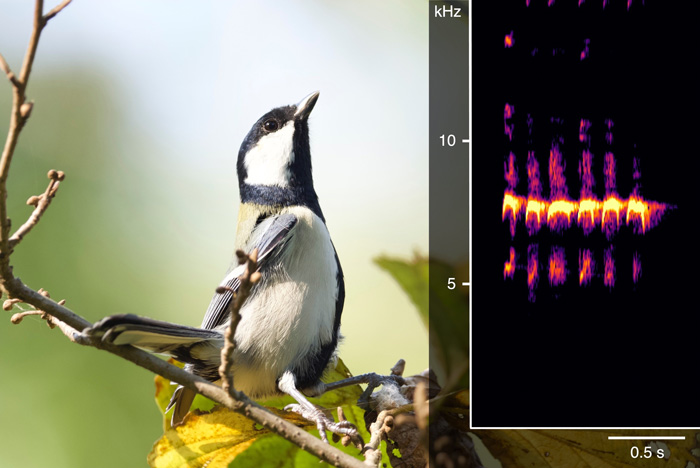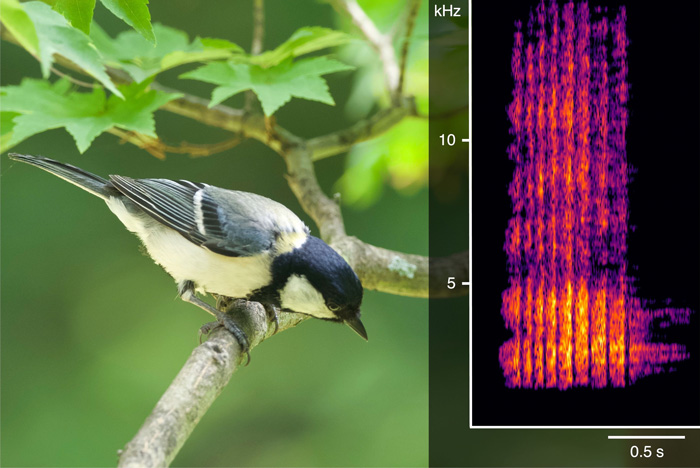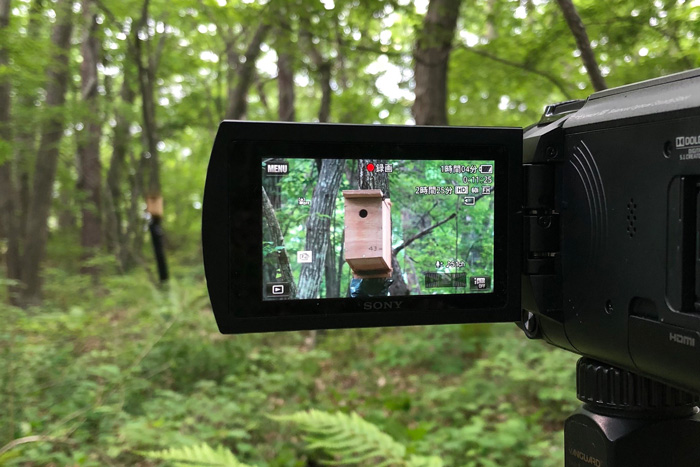- HOME
- Research
- Researcher's Profile
- Toshitaka SUZUKI
Researcher's Profile

- Associate Professor
- Toshitaka SUZUKI
- Animal Linguistics
Biography
| March 2012 | PhD, Graduate School of Science, Rikkyo University |
|---|---|
| April 2012 | Postdoctoral Research Fellow, Rikkyo University |
| April 2013 | Superlative Postdoctoral Fellow (SPD), JSPS |
| April 2016 | Postdoctoral Research Fellow, Center for Ecological Research, Kyoto University |
| April 2018 | Postdoctoral Research Fellow, Department of Evolutionary Studies of Biosystems, SOKENDAI |
| September 2018 | Associate Professor, Department of General Systems Studies, The University of Tokyo (UTokyo) |
| April 2019 | Associate Professor, The Hakubi Center for Advanced Research, Kyoto University |
| April 2023 | Associate Professor, RCAST, UTokyo |
Research Interests
Toward a future where humans can understand animal language
Our laboratory is the world’s first laboratory specializing in the field of animal linguistics. Our research integrates animal behavior, linguistics, and cognitive science to explore questions such as: (1) what do animal signals (e.g., vocalizations or gestures) mean, (2) how do they function in survival and reproduction, and (3) what cognitive capabilities are necessary for a communication system to evolve? We use a variety of methods, including behavioral observations of wild animals, audio recording and analysis, psychological experiments in the field, and semi-natural experiments under captive conditions. We focus primarily on social animals that regularly use communication in social contexts, such as birds and mammals.
Unraveling the universal principles of language evolution
Our research aims to unravel the origins and evolution of human language by studying animal communication. It has long been assumed that language has evolved all at once in humans; however, recent studies have shown that elements of language have also evolved in non-human animals. For example, the Japanese tit, a passerine species, can use different calls to convey different meanings and combine them to create complex messages. By focusing on cognitive capabilities constructing language and comparing them between different species, we are exploring the universal principles of language evolution.
Co-creative science open to society
We are conducting research with an eye toward connections to the fields of environmental education, conservation, animal welfare, and artificial intelligence. We are also actively engaged in outreach and dissemination of research to society.

A Japanese tit looking up to the sky for ‘hawk’ warning calls

A Japanese tit looking down on the ground for ‘snake’ warning calls

Observation of bird behavior in the field
Award
- November 2013 Japan Ethological Society Award
- March 2014 Young Scholar Award of the Ecological Society of Japan (Suzuki Award)
- November 2016 Journal of Ethology Editor's Choice Award
- June 2017 Best Essay 2017, The Japan Writers' Association
- March 2018 Miyadi Award of the Ecological Society of Japan
- September 2018 Kuroda Award, The Ornithological Society of Japan
- April 2019 Hakubi Researcher, Kyoto Univeristy
- April 2021 The Young Scientists' Award, MEXT
- September 2021 Japan Ethological Society Award
- March 2022 Ecological Research Paper Award
- April 2023 Excellent Young Researcher, The University of Tokyo
Keywords
Animal language, Communication, Language evolution
Educational Systems
- Department of Advanced Interdisciplinary Studies, Graduate school of Engineering

 g.ecc.u-tokyo.ac.jp
g.ecc.u-tokyo.ac.jp